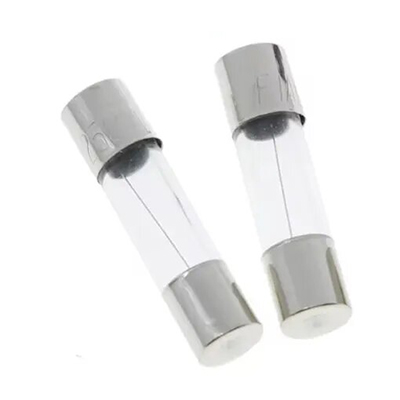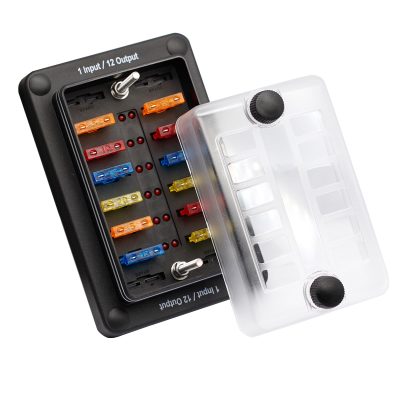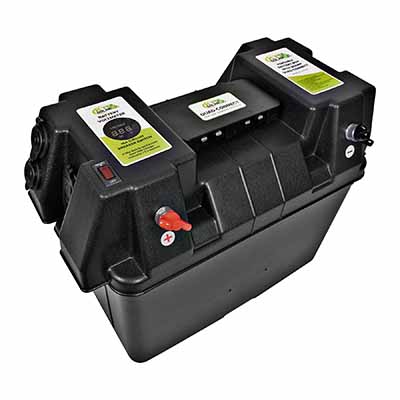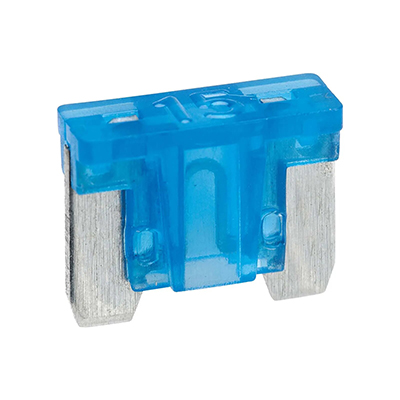Exploring Consistent Performance Features in Automotive Current Fuses
News 2025-10-24
Automotive current fuses play a critical role in protecting electrical systems from overloads and short circuits, ensuring vehicle safety and reliability. These components are essential in modern automobiles, where consistent performance can prevent failures that might lead to costly repairs or safety hazards. By maintaining stable operation under varying conditions, fuses contribute to the longevity and efficiency of automotive electronics. This article delves into the importance of consistent performance in current fuses, highlighting their applications and benefits in the automotive sector.

Key Application Scenarios
Automotive current fuses are deployed in diverse settings, such as engine control units, lighting systems, and battery management. In electric vehicles, they safeguard high-voltage circuits, while in traditional combustion engines, they protect low-voltage components from surges. This versatility ensures that fuses adapt to extreme temperatures and vibrations typical in automotive environments. By providing reliable circuit interruption, these fuses enhance system durability, reducing the risk of fires or malfunctions during operation.
Performance Advantages
The consistent performance of automotive current fuses stems from advanced materials and design, offering precise current ratings and rapid response times. This reliability minimizes downtime and maintenance costs, as fuses operate predictably across a wide range of conditions. Enhanced thermal stability and resistance to environmental factors like moisture and shock further improve safety, making them indispensable for complex automotive architectures. Such attributes not only boost overall system efficiency but also support compliance with stringent industry standards.
Frequently Asked Questions
1. What defines consistent performance in current fuses?
Consistent performance means the fuse operates reliably under specified conditions, with accurate trip times and minimal variation in response.
2. How do automotive fuses enhance vehicle safety?
They prevent electrical overloads that could cause fires or component damage, ensuring stable operation in critical systems.
3. What materials are used for better performance in fuses?
High-quality metals and ceramics are employed to improve thermal conductivity and durability, reducing failure rates in automotive applications.


